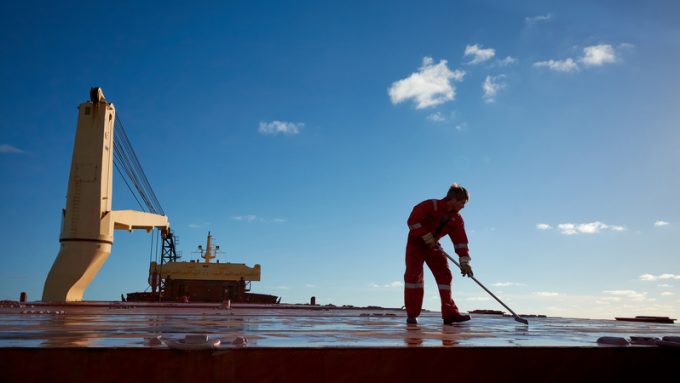Liverpool dockers begin two-week strike after rejecting 'generous' pay offer
Dock workers at the port of Liverpool began a two week strike today, following the ...

Negotiations over a new global minimum wage for the world’s seafarers broke down this week, with union representatives indicating they would abandon collective bargaining.
For decades, the minimum wage for seafarers has been set at the International Labour Organisation’s Joint Maritime Commission (JMC), which was established ...

Comment on this article
Abdulgani Serang
April 29, 2021 at 3:24 pmThe offer of a mere US$ 4 dollar monthly increase from US$ 641 to US$ 645 from 2022 would not buy a cup of coffee in most of the countries and is an insult to the sacrifices of the seafarers particularly in the pandemic. So much for the crocodile tears of the shipowners who have been shouting themselves hoarse in showering praises on the seafarers in the pandemic. “Hypocrisy” at its best.
In continuation of my anger I say the following
“Seafarers should have got the raise IDEALLY
But shipowners not concerned REALLY
—
Seafarers should have got the raise as a RIGHT
But shipowners least bothered about their PLIGHT
—
Daily, seafarers face the worst FEARS
And shipowners shed crocodile TEARS
—
In Covid, Shipowners acknowledge the seafarers ROLE
But arrogantly refuse to upgrade their PAYROLL
Abdulgani Serang, General Secretary cum Treasurer, National Union of Seafarers of India (NUSI)